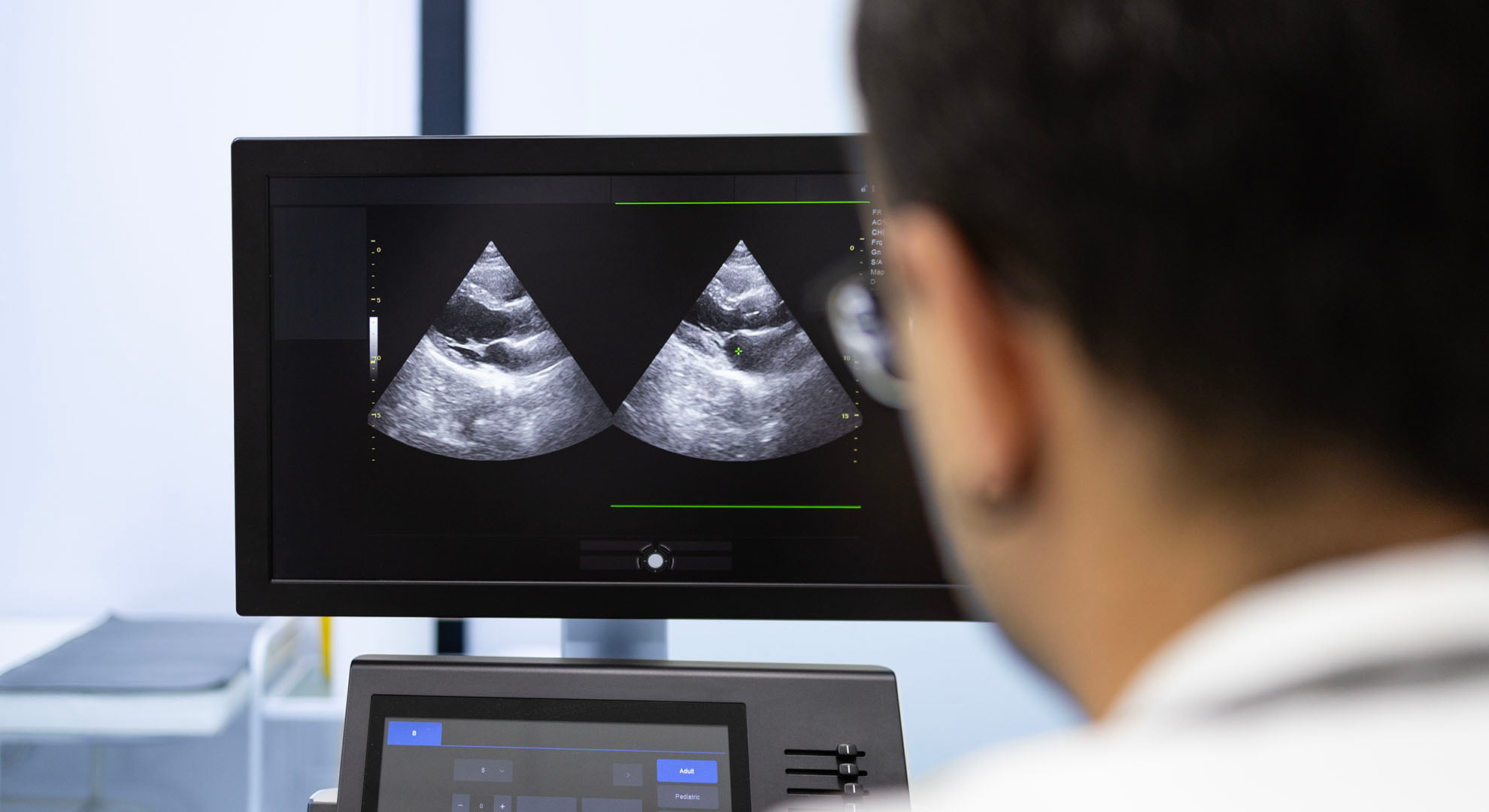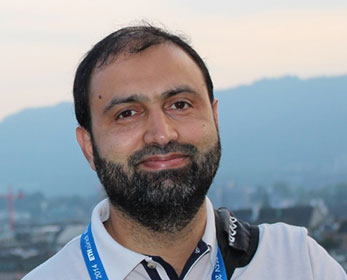Researchers at Edith Cowan University (ECU) have developed a cutting-edge Artificial Intelligence (AI) system that could support medical professionals in detecting and accurately diagnosing the stage of disease in a range of serious health conditions, including cardiovascular disease (CVD), diabetic eye complications, and cancer.
The AI system, named the Supervised Contrastive Ordinal Learning algorithm, uses routine and non-invasive medical images such as bone density scans and ultrasounds not only for the early detection of diseases, but also to highlight disease-specific changes that help in staging and clinical interpretation.
ECU researcher Dr Afsah Saleem has highlighted the urgent need for non-invasive technologies to assist with the detection of medical issues such as cardiovascular disease (CVD) and diabetic retinopathy (DR).
Globally, CVD affects over 640-million people and in Australia, the disease is responsible for one in every four deaths. Similarly, Diabetic Retinopathy DR, a leading cause of blindness, currently impacts more than 103 million adults worldwide, a number projected to rise to 160 million by 2045. In Australia, nearly 1.9 million people have diabetes, and about one-third develop DR over time.
"These chronic diseases are often difficult to detect in the early stages because they lack obvious symptoms. Current diagnostic methods frequently rely on manual assessments of medical scans, which is a time-consuming, expensive, and subjective process," Dr Saleem said.
"Being a machine learning scientist and working in medical imaging, our aim is to prevent or delay permanent health losses from chronic diseases."
This AI algorithm has already been successfully applied across multiple medical domains.
"Using this algorithm, we achieved 85% accuracy and 79% sensitivity in identifying Abdominal Aortic Calcification (AAC), an early indicator of CVD. We also obtained 87% accuracy and 84% sensitivity in diagnosing DR, and 91% accuracy in identifying different stages of breast cancer," Dr Saleem said.
"The main work of our research group is focused on early intervention and is supported by the Heart Foundation, Raine Medical Research Foundation and WA Department of Health through the Future Health Research and Innovation (FHRI) Fund. Using the least invasive and least costly methods to accurately predict potential medical conditions which could affect the population," ECU senior lecturer Dr Syed Zulqarnain Gilani said.
"The innovative aspect of the developed algorithm lies in its ability to capture and learn the distinctive characteristics of both healthy and unhealthy individuals. Subsequently, the algorithm effectively differentiates these traits to identify individuals afflicted with disease with remarkable precision."
Dr Saleem will be presenting her research into DR at the Medical Image Computing and Computer Assisted Intervention Conference, in Korea, later this year.

 The AI algorithm has already been successfully applied across multiple medical domains.
The AI algorithm has already been successfully applied across multiple medical domains.




